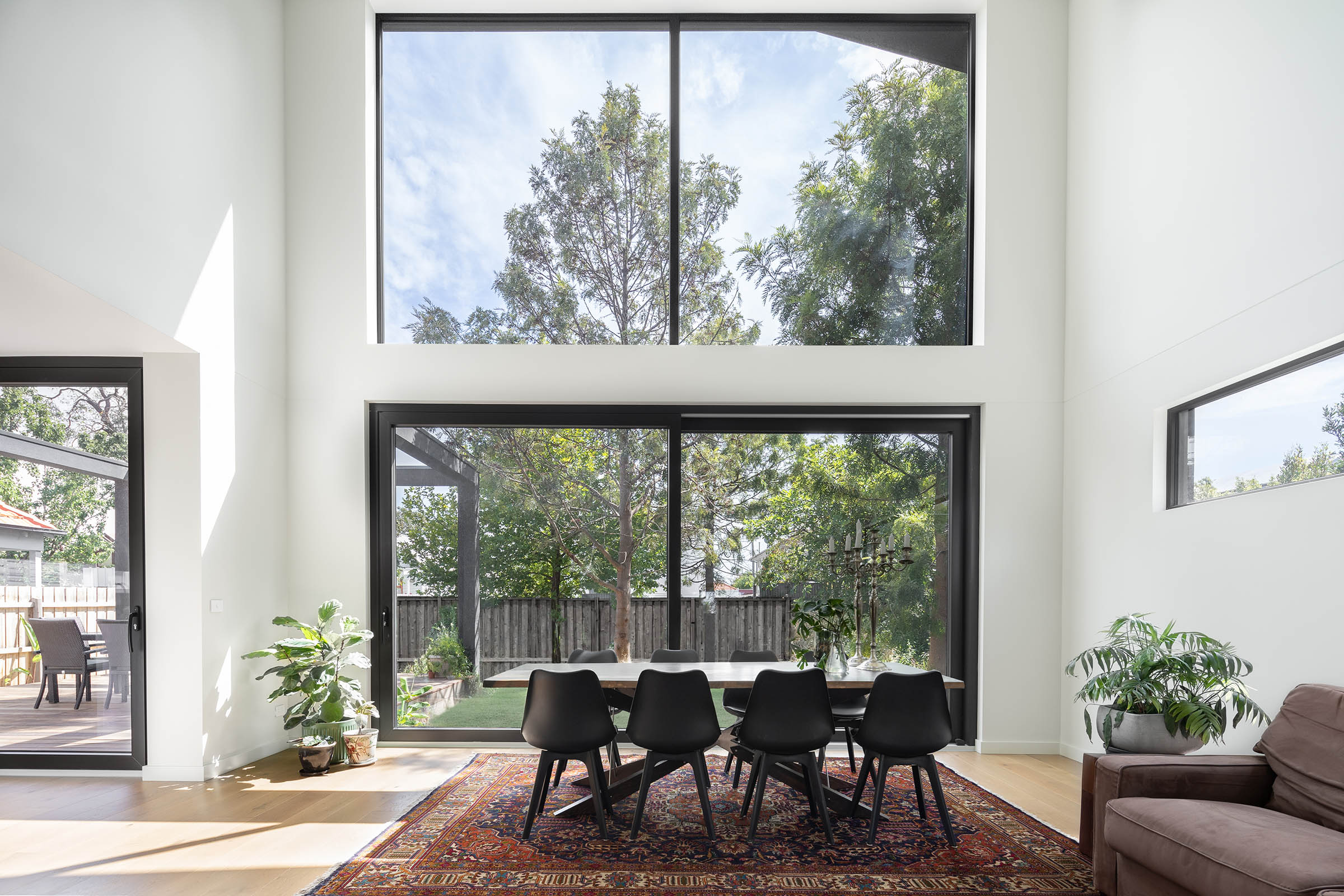What is Double and Triple Glazing?
When considering energy-efficient windows, the choice often comes down to double or triple glazing. Understanding their differences can help homeowners, builders, and architects make an informed decision.
Double glazing consists of two panes of glass separated by an insulating layer of air or gas, reducing heat transfer and improving energy efficiency.
Triple glazing includes three panes of glass with two insulating layers, offering enhanced insulation, noise reduction, and condensation control.
Key Benefits of Double Glazing
Energy Efficiency
Double glazing significantly reduces heat loss, keeping homes warmer in winter and cooler in summer. This leads to lower energy consumption and reduced utility bills.
Noise Insulation
For urban and suburban homes, double glazing effectively minimises external noise, providing a quieter and more comfortable indoor environment.
Cost-Effectiveness
Double glazing is an affordable solution for moderate Australian climates, delivering excellent performance without the higher cost of triple glazing.
Advantages of Triple Glazing
Superior Insulation
Triple glazing provides the highest level of thermal insulation, making it ideal for colder climates or homes requiring maximum energy efficiency.
Enhanced Noise Reduction
With an extra pane of glass, triple glazing offers superior soundproofing, beneficial for homes near busy roads, airports, or high-traffic areas.
Improved Condensation Resistance
By reducing temperature differences, triple glazing minimises condensation build-up, which helps prevent mould and moisture-related issues.
Double Glazing vs Triple Glazing: A Comparison
Energy Efficiency
Double glazing performs well in temperate climates, reducing energy costs and improving comfort. Triple glazing, however, is more effective in extremely cold regions where insulation demands are higher.
Noise Reduction
While double glazing reduces noise significantly, triple glazing offers even better sound insulation, making it the preferred choice for high-noise environments.
Cost Considerations
Triple glazing generally costs more upfront due to additional materials and installation requirements. However, in colder climates, the long-term energy savings may justify the higher investment.
Weight and Installation
Triple glazing is heavier than double glazing, which requires stronger frames and careful installation. The added weight may not be suitable for all window frames or existing structures.
Which Glazing is Best for Australian Homes?
Climate Considerations
- Double glazing is suitable for temperate and warm regions, such as Melbourne, Sydney, and Brisbane.
- Triple glazing is ideal for cooler areas like Tasmania, alpine regions, and high-altitude locations where additional insulation is beneficial.
Budget and ROI
Homeowners should balance upfront costs with long-term energy savings. Double glazing provides a more cost-effective solution, while triple glazing may offer better returns in colder climates.
Noise and Lifestyle Needs
For homes in noisy environments, triple glazing provides better noise reduction. However, double glazing still offers substantial soundproofing benefits at a lower cost.
The Role of Frames in Glazing Performance
uPVC Frames for Double and Triple Glazing
Using uPVC frames enhances the efficiency of both double and triple glazing. uPVC is durable, energy-efficient, and resistant to weathering, making it an ideal choice for Australian homes.
Benefits of Durable and Energy-Efficient Frames
- Better insulation compared to aluminium frames.
- Low maintenance and high durability.
- Improved security with robust locking systems.
Why Blue Sky Windows is Your Glazing Partner
At Blue Sky Windows, we specialise in high-performance double and triple glazing solutions tailored to Australian homes. Our products comply with AS 2047 and AS 1288, ensuring quality and efficiency.
Our Services Include:
- Custom-made energy-efficient windows and doors.
- Expert consultation for residential and commercial projects.
- High-quality Kömmerling uPVC profiles for superior insulation.
Conclusion
Choosing between double and triple glazing depends on your climate, budget, and insulation needs. Double glazing is cost-effective and ideal for most Australian homes, while triple glazing offers superior insulation and noise reduction in colder or noisier environments.
For expert guidance and premium uPVC double and triple glazing solutions, contact Blue Sky Windows today!
